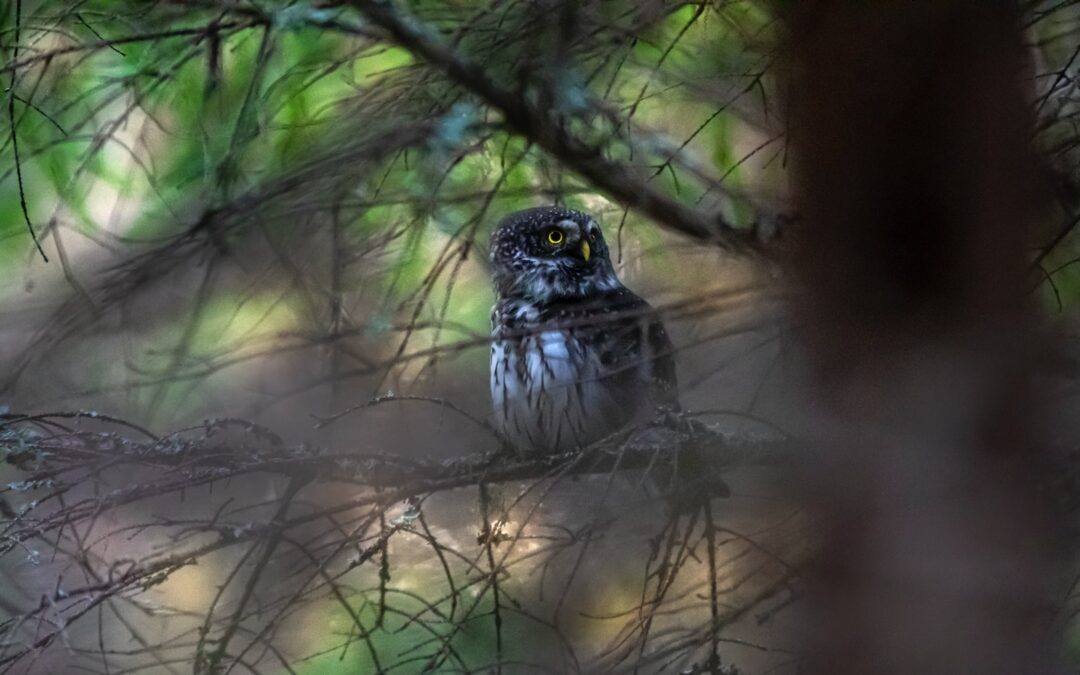Introduction: Centipedes Are Working On Your Behalf
Centipedes are a common inhabitant of backyards and gardens. Often overlooked and misunderstood, these beneficial predators play an important role in keeping your environment free of pests. They might look scary with their long legs and multiple segments, but the truth is, centipedes are carnivores working on your behalf. In this article, we will delve into the facts about centipedes and describe how these underappreciated predators can help you keep your environment pest-free.
What Do Centipedes Eat?
Insects, Spiders and Other Arthropods
Centipedes are carnivorous, relying on their fast reflexes to capture and consume their prey. They hunt and feed primarily on insects, spiders and other arthropods. Centipedes have adapted to pick up faint vibrations of their prey and strike with precision, often capturing and immobilizing it within seconds.
Beneficial For Keeping Pest Population Down
Centipedes are valuable predators, helping to keeping insect and other arthropod populations in balance. By consuming insects and other arthropods, centipedes play an important role in keeping pest populations in check. This helps to protect plants, gardens and homes from damage that could be caused by destructive pests.
Nocturnal Feeders
Centipedes are nocturnal feeders, finding their prey at night. They use their antennae to detect and respond to vibrations from potential prey. Although they can consume larger arthropods, such as smaller vertebrates, centipedes prefer to feed on softer-bodied pests.
How Do Centipedes Kill Their Prey?
Venom Delivery Through Powerful Jaws
Centipedes have powerful jaws, which they use to capture and immobilize their prey. The jaws are equipped with venom, which paralyzes their prey and enables the centipede to swallow it whole. The venom is powerful enough to even paralyze larger animals, such as lizards and frogs.
Poison Glands on Centipede’s Body
Centipedes also possess poison glands on their body segments. The glands secrete toxins that help to ward off predators and repel other insects. Centipedes are able to spray the toxins at their prey, helping to immobilize them and make them easier to catch.
Pincers at the End of the Centipedes Legs
Centipedes also have specialized pincers at the end of their legs, which help to capture and hold their prey. The pincers are equipped with serrated edges, allowing them to grip and hold their prey tightly until the venom takes effect.
Do Centipedes Bite Humans?
In Particularly Unusual Circumstances
Although centipedes are not aggressive, they can bite humans in particularly unusual circumstances. Usually, centipedes are reluctant to bite humans, preferring to avoid contact and flee instead. However, if they are provoked or threatened, they may bite as a last resort.
Mild Venom Injected That is Painful
When a centipede does bite a human, it injects a mild to moderate level of venom. The bite usually causes pain, swelling and redness at the site of the bite, which can last up to a week.
Types of Centipedes Likely to Bite
The types of centipedes more likely to bite humans are the larger, tropical species. These include the American giant centipede, the Scolopendra heros, which can reach up to 11 inches in length.
People Also Ask
Are centipedes dangerous?
No, centipedes are not dangerous to humans. Although they can bite in rare circumstances, the venom is mild and not harmful.
Do centipedes eat cockroaches?
Yes, centipedes eat cockroaches as well as other insects, spiders and arthropods.
How long do centipedes live?
Centipedes usually live up to five years, although some species can live much longer.
Do centipedes lay eggs?
Yes, female centipedes lay eggs in the soil. The eggs hatch after several weeks, and the young centipedes emerge as active predators.
Do centipedes jump?
No, centipedes do not jump, and they only move slowly. They rely on their fast reflexes and powerful venom to capture and kill their prey.
Final Words
Centipedes are a valuable asset in any garden or backyard. They help to keep the pest population in check, consuming insects, spiders and other arthropods. Although they can bite humans in particular circumstances, their venom is mild and not harmful. With their fast reflexes and powerful venom, centipedes are an effective means of controlling pests in your environment.

